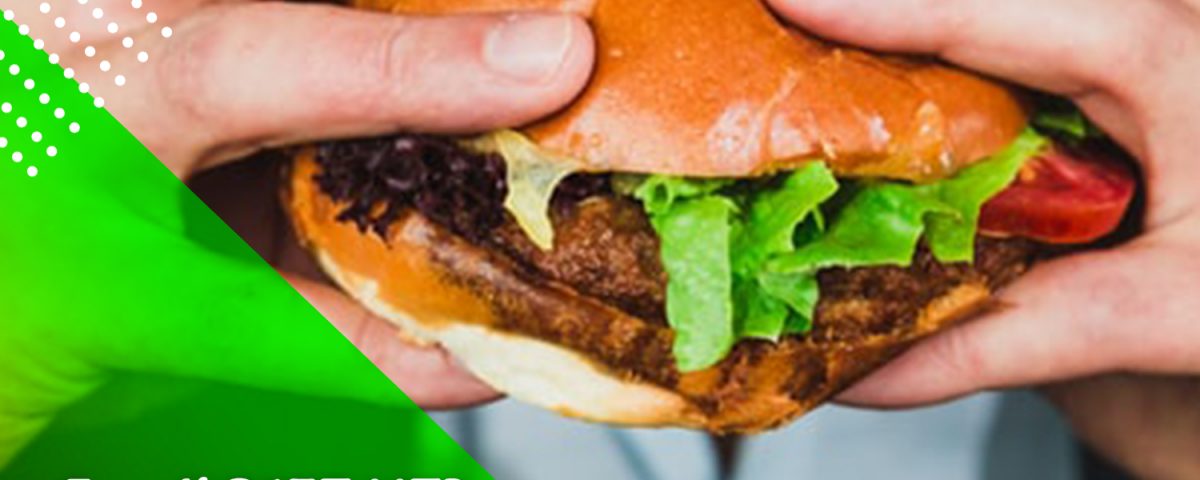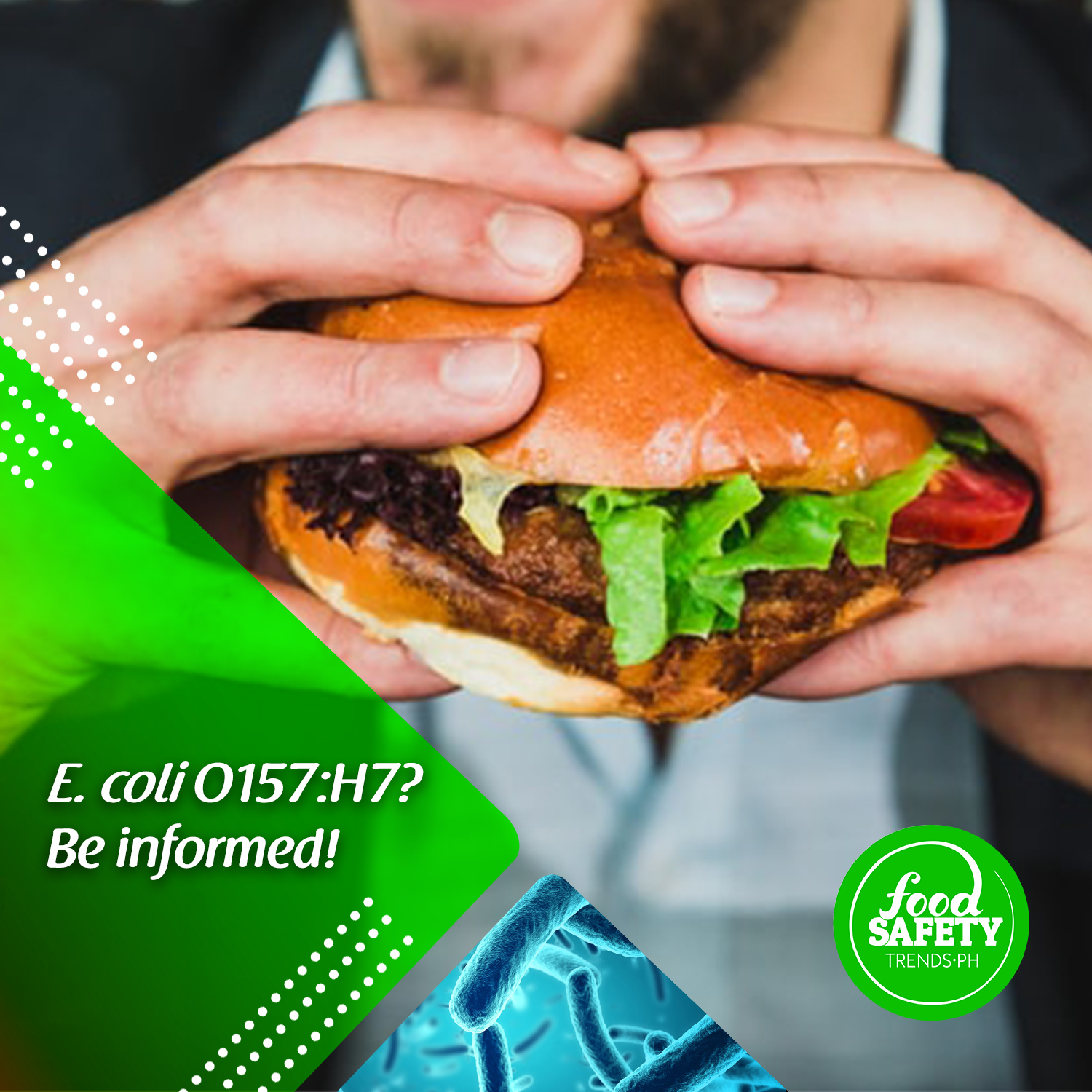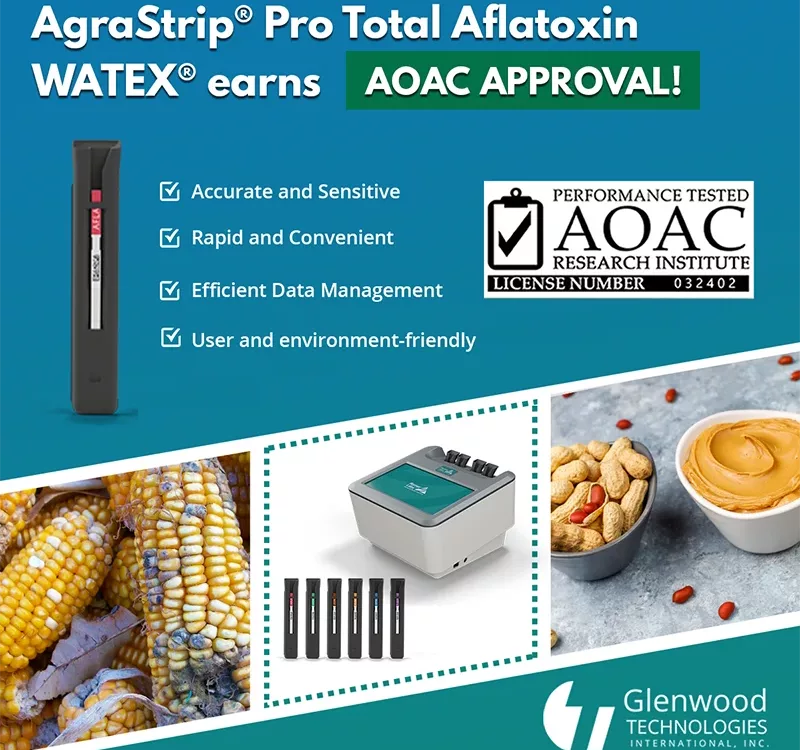E. coli O157:H7? Be Informed!
Escherichia coli (E. coli) is a species of Gram-negative bacteria that can be found in the environment, food, and intestines of people and animals—it is specifically considered as the indicator of faecal contamination. This bacterium, particularly its pathogenic strains, remains to be one of the most common causes of foodborne illnesses.
One of the most common pathogenic strains of E. coli is E. coli O157:H7, which has caused a widespread outbreak known as the “1993 Jack-in-the-Box incident”, wherein 4 people died, 171 were hospitalized, and nearly 700 people fell ill after eating undercooked burger patties.
E. coli O157:H7 can be transmitted to humans by consuming raw and undercooked meat, raw sprouts and milk, contaminated water, or by having contact with unsanitized hands. Exposure to this pathogen causes gastrointestinal illness, which may lead to life-threatening complications such as Hemolytic Uremic Syndrome (HUS).
In our own homes, we could be proactive in preventing E. coli O157:H7 contamination through the following:
1) Wash hands thoroughly with soap and water as often as possible.
2) Cook all ground beef, pork, and any raw meat thoroughly. For burger patty, it should be cooked with a minimum internal temperature of 70oC.
3) Avoid cross-contamination in food preparation areas. Properly wash hands, counter tables, cutting boards, knife, and other utensils after handling raw meat. Remember to use separate utensils for meats, fish, fruits, vegetables, etc.
4) Consume only pasteurized milk and milk products. Avoid raw milk.
5) Avoid drinking untreated water such as groundwater, river water or spring water (including mineral springs).
#FoodSafety
#FoodSafetyPhilippines
#FoodSafetyPH
#FoodSafetyBites
#FoodSafetyLifeMatters
#FoodSafetyTrendsPHMagazine
#FSTM
#GlenwoodTechnologies
#Glenwood
Reference: US Centers for Disease Control and Prevention
Photo source: Unsplash







